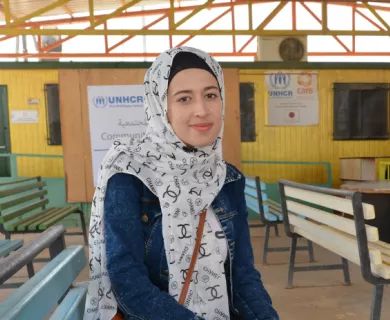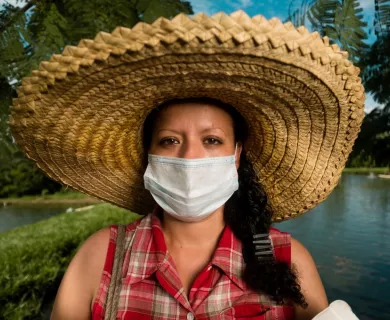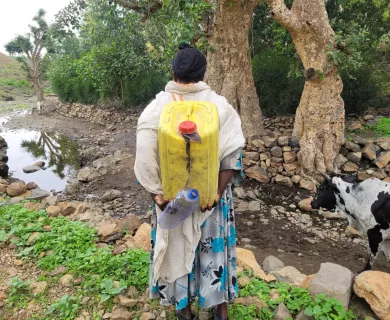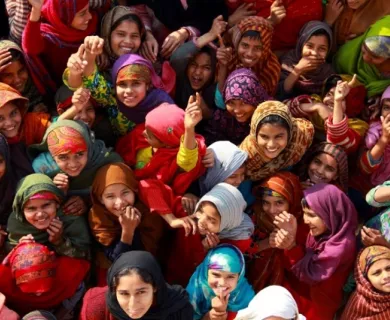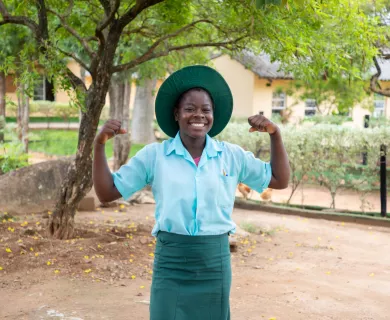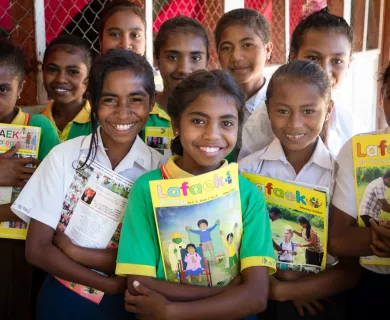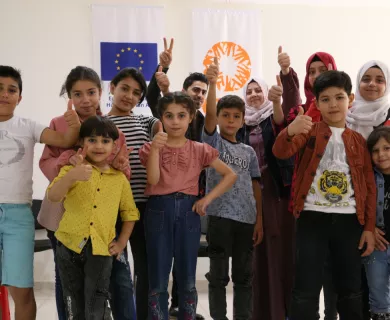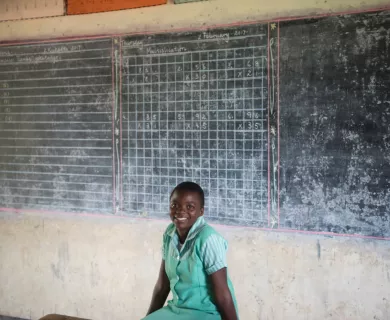Featured
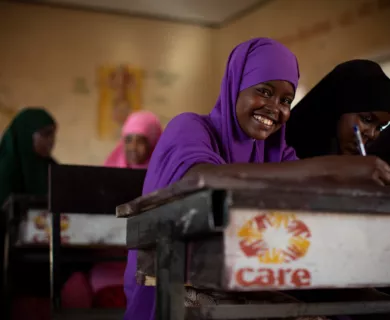
5 Min Inspiration: Reducing early marriage in Somalia
The Somali Girls’ Education Promotion Programme – Transition (SOMGEP-T) sought to improve learning outcomes and positive transitions for more than 50,000 children in school, and over 5,000 out-of-school girls living in remote and rural areas.
